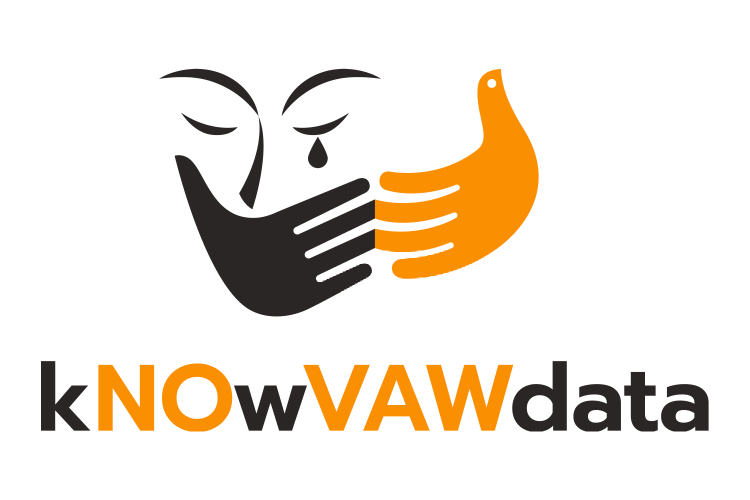Knowledge Hub

The Knowledge Hub provides links to resources supporting the measurement of violence against women and has been funded under the Pacific Spotlight Initiative. While starting with a primary focus on Pacific resources and global resources which are applicable for the Pacific region, the Knowledge Hub will continue under the UNFPA kNOwVAWdata initiative to support global knowledge exchange and a strong community of practice. The strength of this Knowledge Hub is the opportunity to share resources and support all regions of the globe.
If you would like to share links to be added to the Knowledge Hub, please send them to knowvaw-program@unimelb.edu.au.
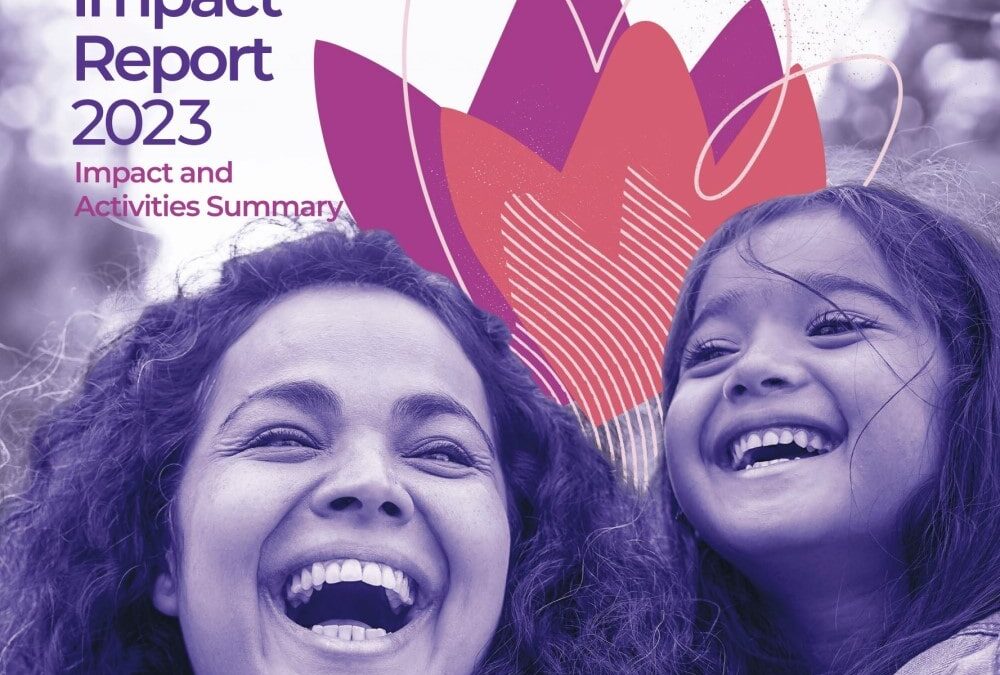
Annual Impact Report 2023 from Women’s Aid
Every year the Women’s Aid Annual Impact Report serves as a harrowing and poignant reminder of the level of domestic violence and abuse against women and children that prevails in homes and relationships across Ireland. Unfortunately, 2023 was no different. This report provides an insight into the coercive and controlling emotional, physical, economic, and sexual abuses inflicted upon women and their children at the hands of current and former intimate partners, whom we supported during just...

Integrating Gender-based Violence Interventions in Humanitarian Action: Reducing risk, promoting resilience and aiding recovery
The purpose of these Guidelines is to assist humanitarian actors and communities affected by armed conflict, natural disasters and other humanitarian emergencies to coordinate, plan, implement, monitor and evaluate essential actions for the prevention and mitigation of gender-based violence (GBV) across all sectors of humanitarian response.

Innovative Approaches to Gender-Based Violence Service Provision in Emergencies
Even in the most challenging settings, UNICEF delivers innovative solutions to strengthen availability, accessibility and quality of GBV response services. With the COVID-19 pandemic, UNICEF had to capitalize further on its innovations in order to reach women and girls and help them to seek for help despite the lockdowns and quarantine restrictions enacted by Governments to respond to the pandemic.

Caring for Child Survivors of Sexual Abuse: Guidelines for health and psychosocial service providers in humanitarian settings
The International Rescue Committee (IRC) and the United Nations Children’s Fund (UNICEF) have newly developed “Caring for Child Survivors of Sexual Abuse Guidelines” for health and psychosocial providers in humanitarian settings – “CCS Guidelines”. The CCS Guidelines are based on global research and evidence-based field practice, and bring a much-needed fresh and practical approach to helping child survivors, and their families, recover and heal from the oftentimes devastating impacts of...
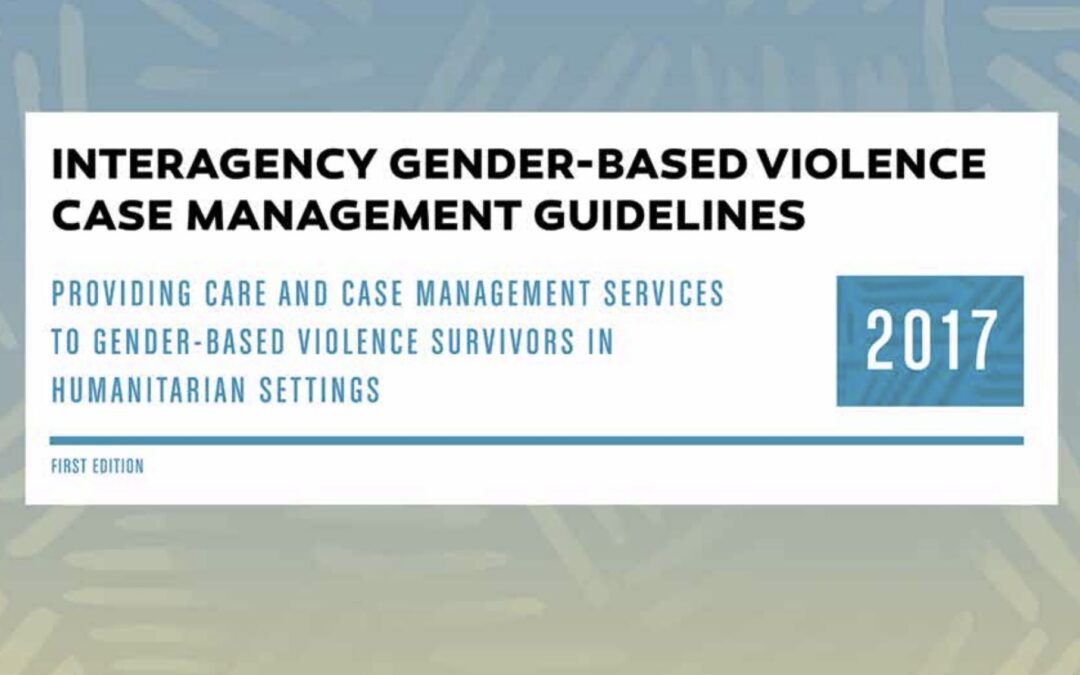
Interagency Gender-based Violence Case Management Guidelines: Providing care and case management services to gender-based violence survivors in humanitarian settings
This resource aims to set standards for quality, compassionate care for GBV survivors in humanitarian settings, with particular focus on the provision of case management services. It builds upon and should be used in conjunction with other GBV response resources, such as the Caring for Survivors of Sexual Violence in Emergencies Training Package and the Caring for Child Survivors of Sexual Abuse: Guidelines for health and psychosocial service providers in humanitarian settings.
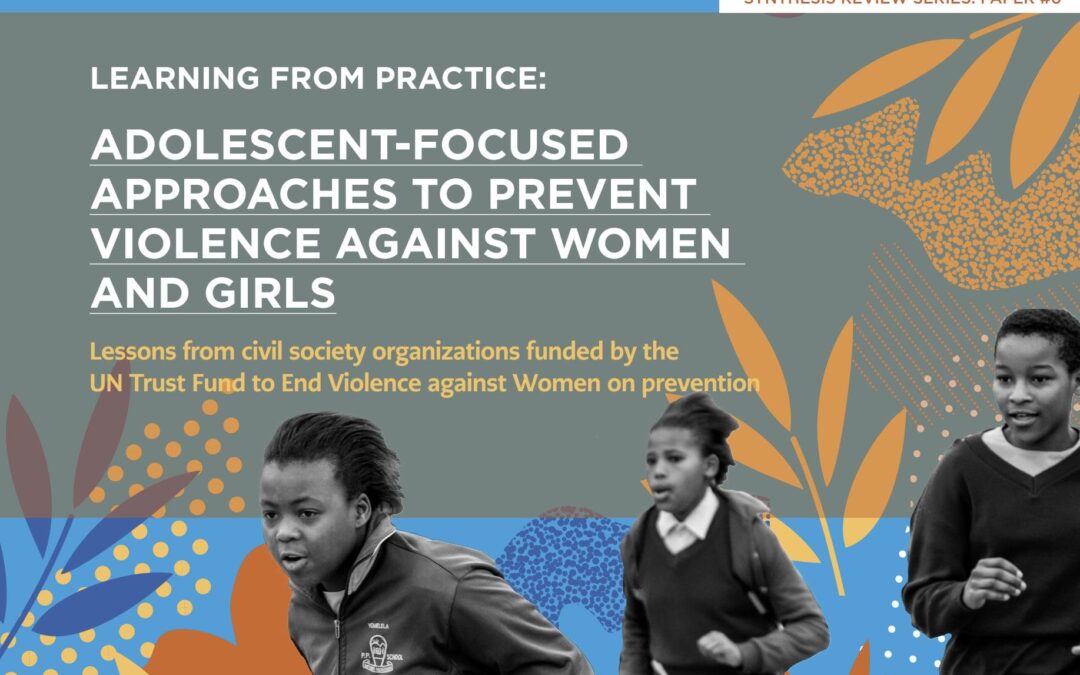
Learning From Practice: Adolescent-focused Approaches to Prevent Violence Against Women and Girls
This synthesis review aims to draw out some cross-cutting best practices, challenges and lessons from 10 diverse interventions to prevent violence against adolescent girls across various settings. These interventions, each centred on a different form of violence against girls, were funded by the UN Trust Fund to End Violence against Women (UN Trust Fund). The interventions focused solely on adolescents (both boys and girls) or an adolescent-focused programme was a subcomponent of a wider...
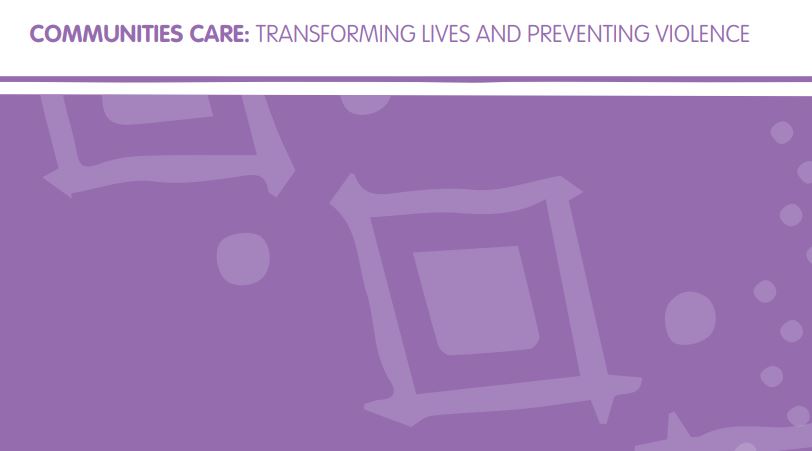
Communities Care: Transforming Lives and Preventing Violence Programme
UNICEF developed the Communities Care: Transforming Lives and Preventing Violence Programme (CC Programme) based on evidence and experience that show that changing collective beliefs and unspoken rules in communities can lead to change in collective practices and behaviours.

Background paper: A synthesis of evidence on the collection and use of administrative data on violence against women
This background paper was developed to synthesize evidence, including divergent expert opinions, on the collection and use of VAW administrative data. It was used as the technical document for an Expert Group Meeting (EGM) on Administrative Data on Violence Against Women convened in September 2019 by UN Women. The background paper and the discussions and recommendations coming out of the EGM will inform the development of global guidance on the collection and use of VAW administrative data.
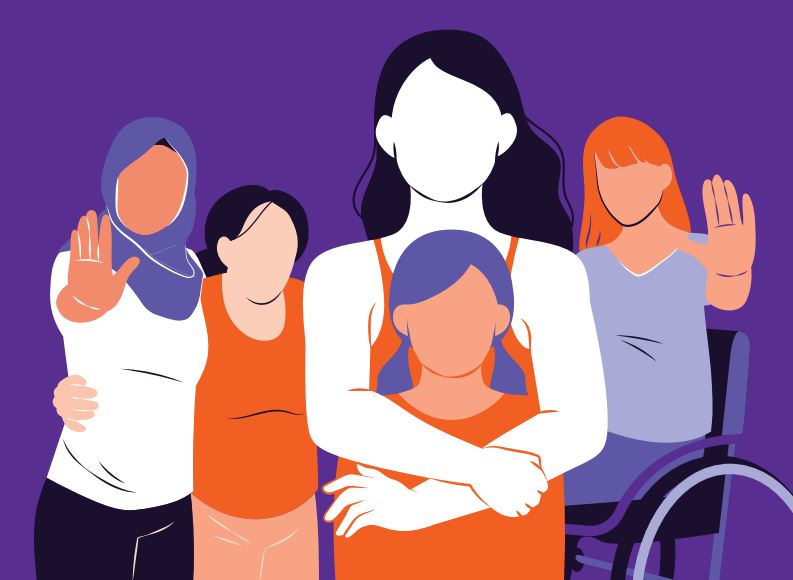
National Study on Violence against Women in Georgia 2022
UN Women teamed up with the National Statistics Office of Georgia (GEOSTAT) to conduct a second nationwide study on violence against women in Georgia in 2022. Building on the initial study in 2017, the 2022 survey significantly expanded its methodology to include additional forms of intimate partner violence, non-partner violence, sexual harassment, stalking, as well as attitudes and social norms related to violence against women. A total of 3,300 women and 1,104 men were interviewed across...
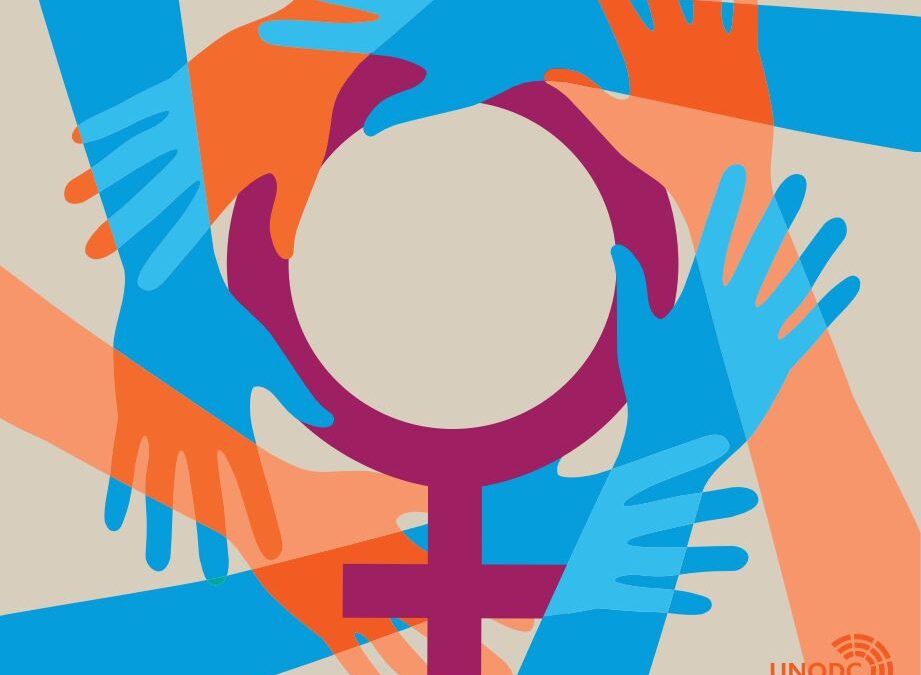
Gender-related killings of women and girls: Improving data to improve responses to femicide/feminicide
With the aim of galvanizing global action against this all-too-pervasive crime, UNODC and UN Women have joined forces to produce this research paper on the global estimates of gender-related killings of women and girls in the private sphere in 2021. This paper features policy recommendations to support comprehensive and multisectoral approaches to prevent and address gender-related killings and other forms of gender-based violence against women and girls.
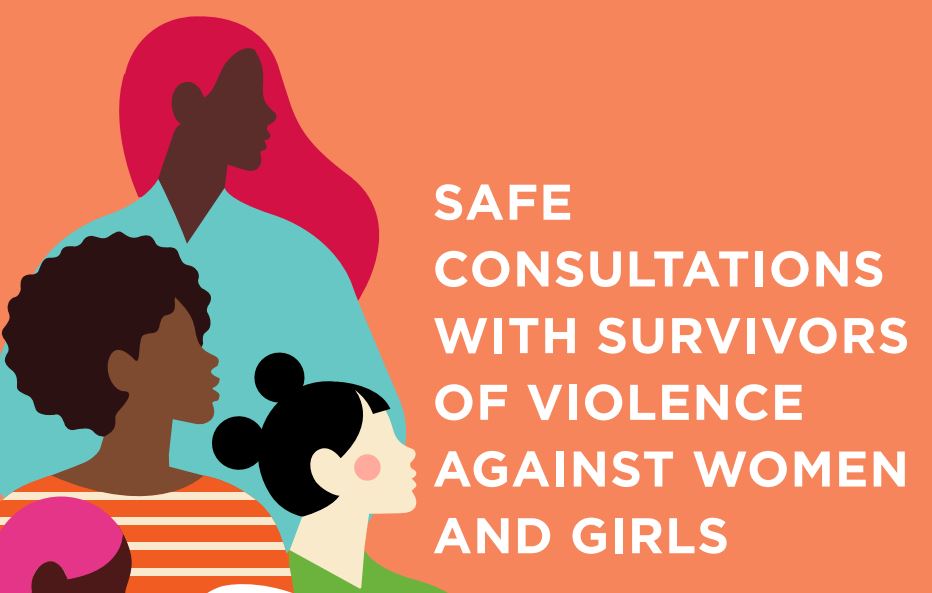
Safe Consultations with Survivors of Violence against Women and Girls
This guidance is intended to help policymakers develop survivor-centred programming on ending violence against women and girls that meets the needs of diverse groups of women and girls, including those who are at higher risk of experiencing violence and discrimination. It is applicable to programming across the health, justice and policing, and social services sectors, as well as coordination of these sectors, and will help improve the standard and delivery of essential services for women and...
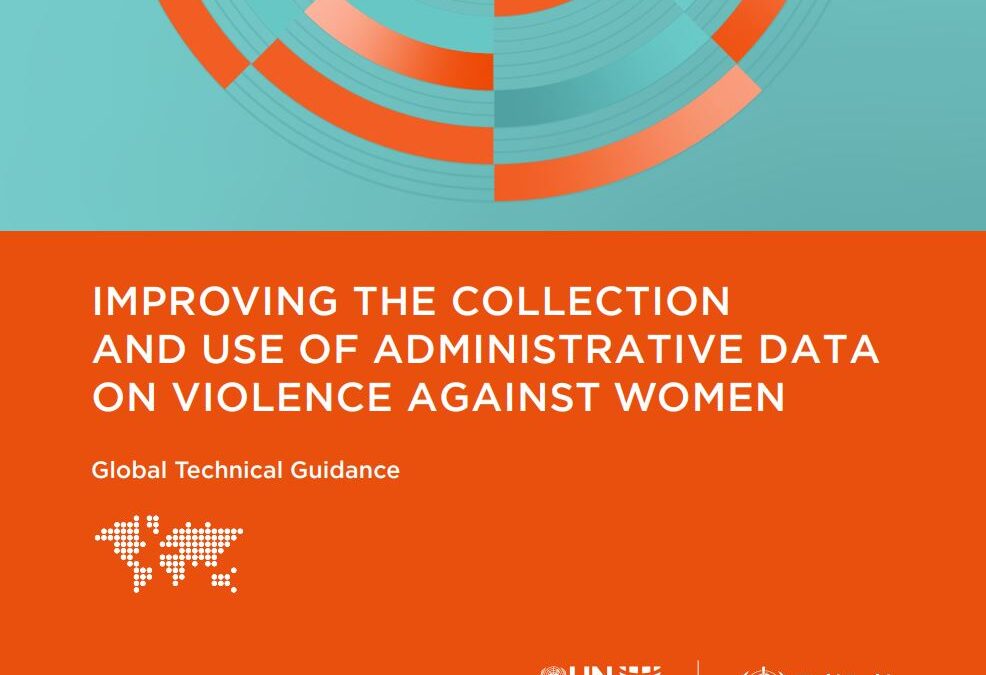
Improving the collection and use of administrative data on violence against women: global technical guidance
This global technical guidance has been developed by the United Nations Entity for Gender Equality and the Empowerment of Women (UN Women), in partnership with the World Health Organization (WHO) through the Joint Programme on Violence Against Women Data and with invaluable advice from an advisory group of experts from UN agencies as well as independent experts.
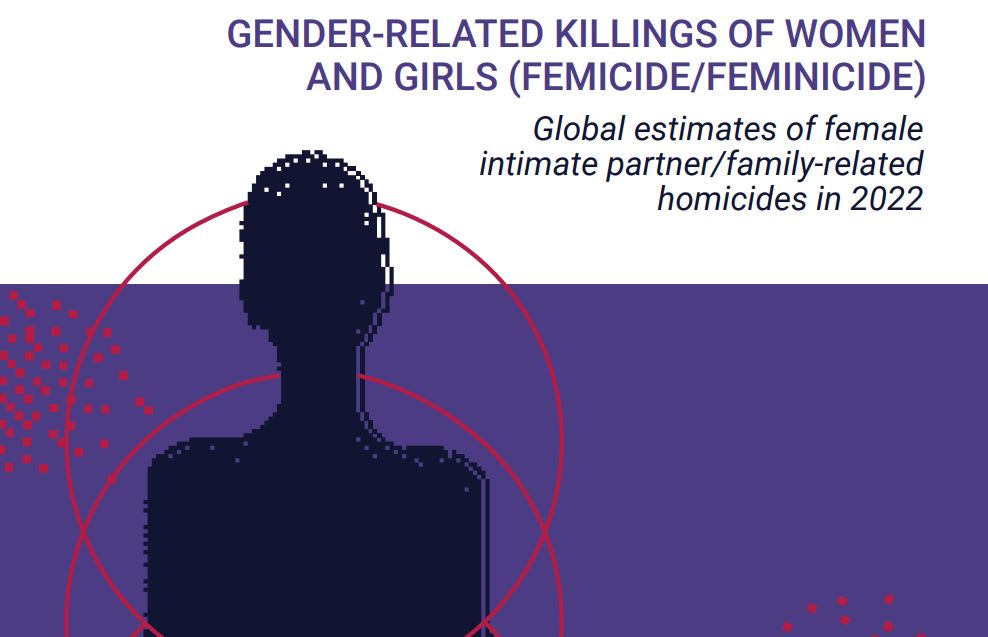
Gender-related Killings of Women and Girls (Femicide/Feminicide): Global estimates of female intimate partner/family-related homicides in 2022
With the aim of galvanizing global action against this crime, the UN Office on Drugs and Crime and UN Women are publishing this second joint publication with global estimates of gender-related killings of women and girls by an intimate partner or family member, with data from 2022. This publication features policy recommendations to prevent gender-related killings, including through risk assessments and protective measures, the establishment of femicide observatories, the criminalization of...

Children and Young People Bereaved by Domestic Homicide
This brief report conveys key findings from the study “Children and young people bereaved by domestic homicide: Understanding home, relationships and identity,“ with a focus on Australia.

Gender and IoT (G-IoT) Tech Abuse Guide
How internet-connected devices can affect victims of gender-based domestic and sexual violence and abuse
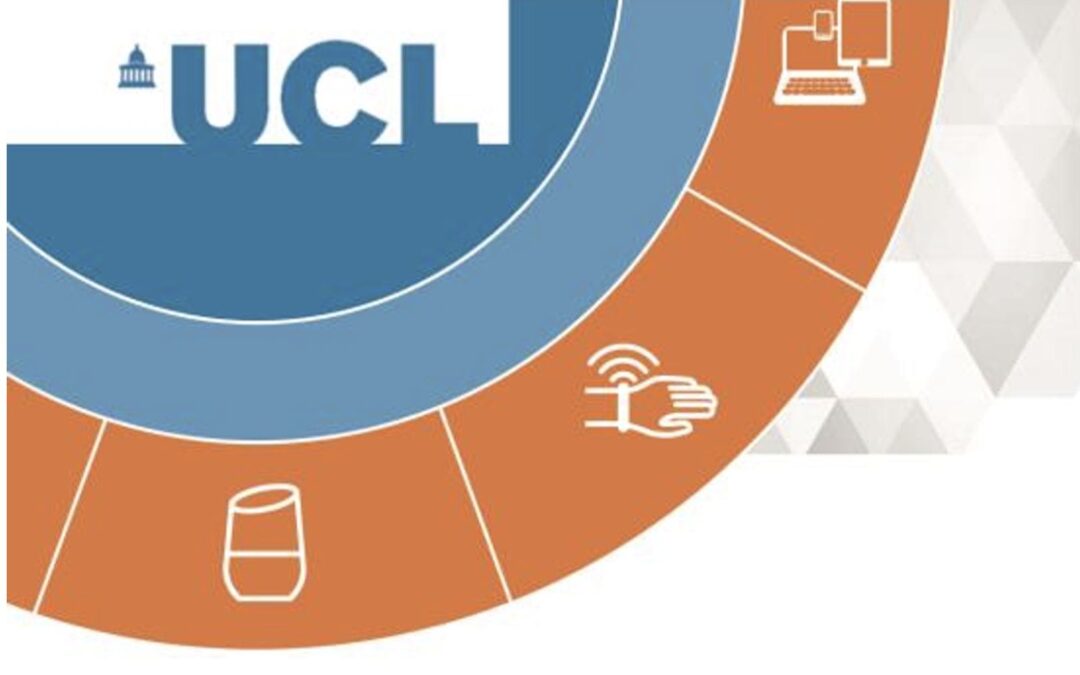
Gender and IoT (G-IoT) Resource List
This resource list is intended as supplementary material to better inform and guide victims and survivors of technology-facilitated abuse as well as those working with them.
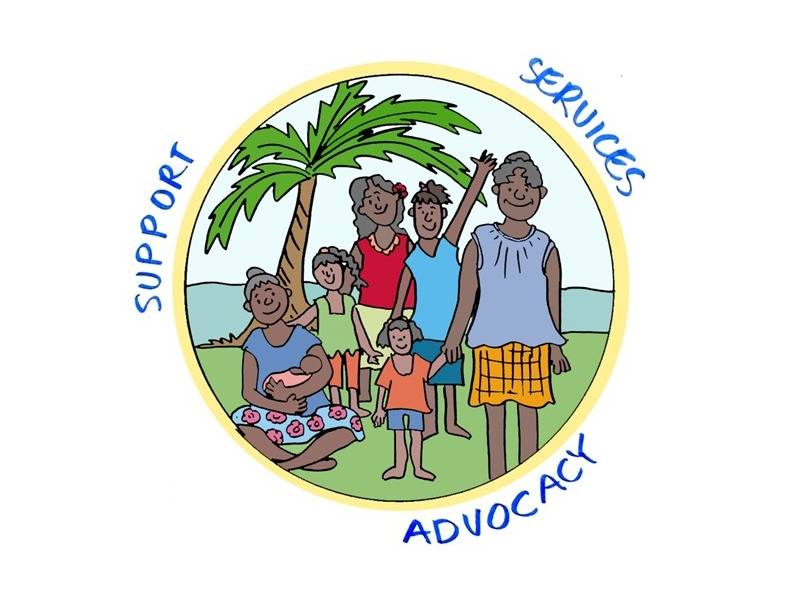
Gender-based Violence Administrative Data Toolkit
Toolkit and templates for multi-sector data collection on gender-based violence. Designed in collaboration with Pacific multi-sector organisations.
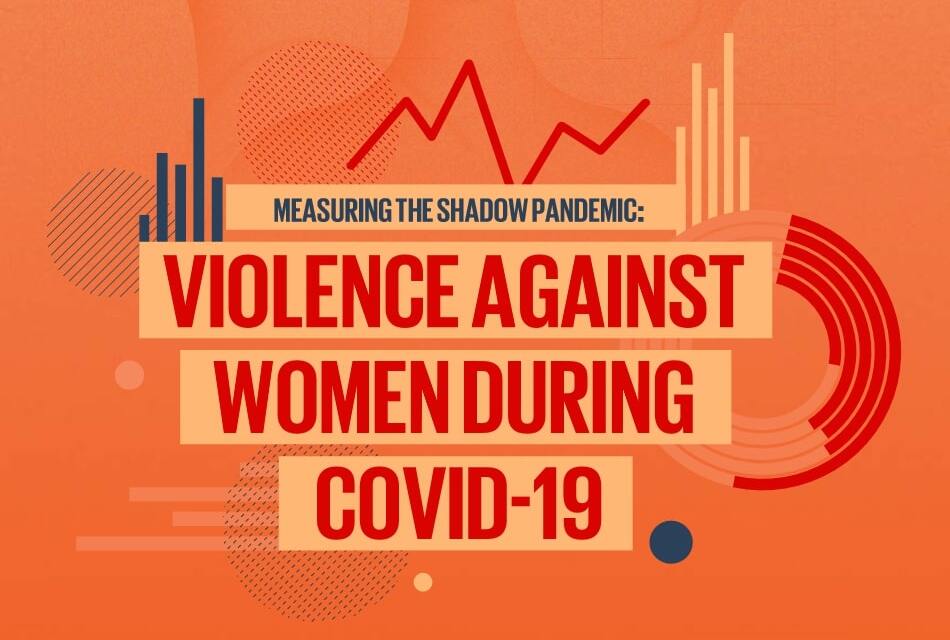
Measuring the shadow pandemic: Violence against women during COVID-19
This publication compiles and analyses the results of Rapid Gender Assessment surveys on the impact of COVID-19 on violence against women (VAW RGAs) in 13 countries.
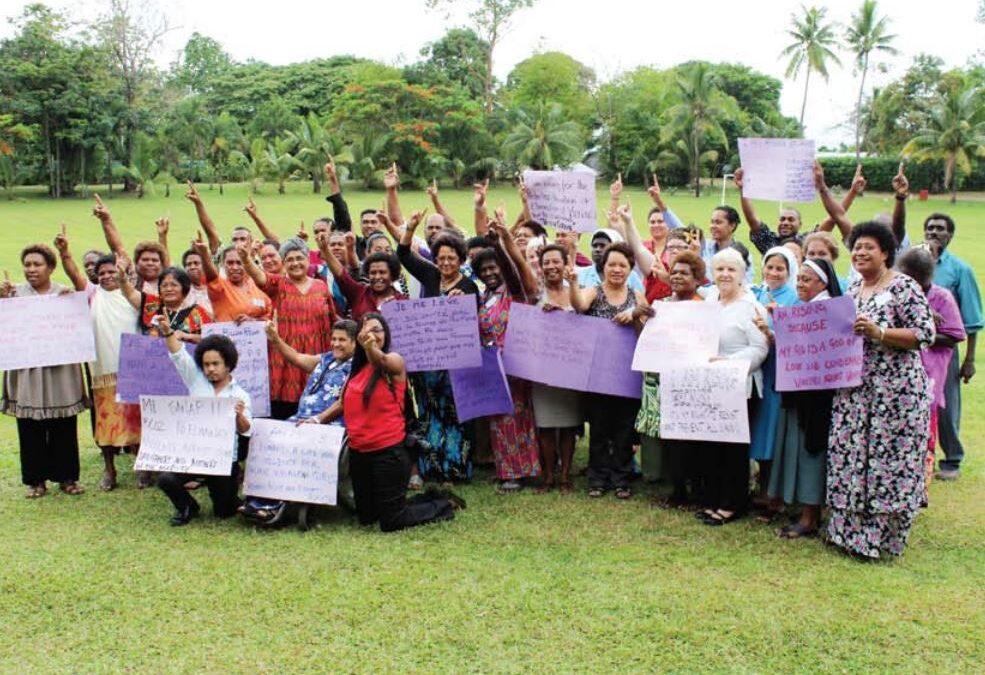
Somebody’s Life, Everybody’s Business! National Research on Women’s Health and Life Experiences in Fiji (2010-2011)
Somebody’s Life, Everybody’s Business is a national research on women’s health and life experiences in Fiji (2010/2011). It is a survey exploring the prevalence, incidence and attitudes to intimate partner violence in Fiji.
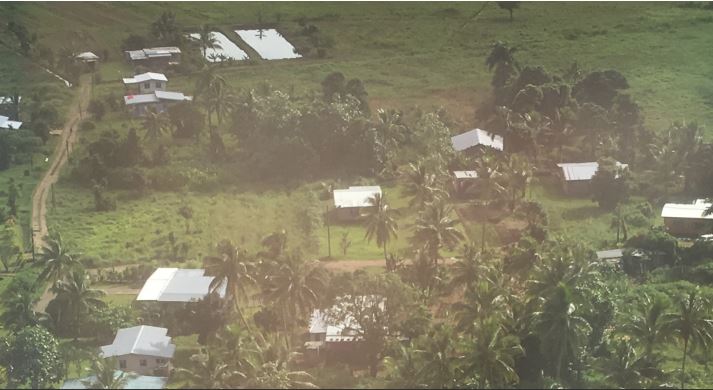
Exploring Multidimensional Poverty in Fiji: Findings from a Study Using the Individual Deprivation Measure
The Individual Deprivation Measure (IDM) is a new, gender sensitive and multidimensional measure of poverty. The measure assesses deprivation at the individual level, in relation to 15 key dimensions of life, making it possible to see who is poor, in what way and to what extent. This study explores what additional insights could be gained by individual-level, gender-sensitive poverty measurement in Fiji

Swimming Against the Tide: Lessons Learned from Field Research on Violence Against Women in the Solomon Islands and Kiribati
Lessons Learned from Field Research on Violence Against Women in the Solomon Islands and Kiribati
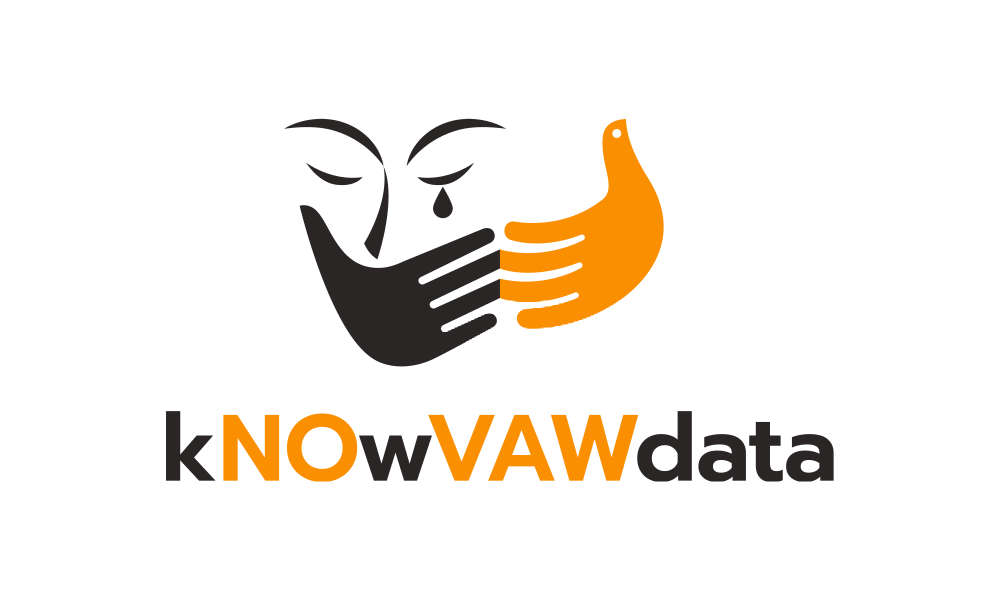
Indicators on Violence Against Women: kNOwVAWdata’s overview of the Sustainable Development Goal indicators on violence against women
kNOwVAWdata's overview of the Sustainable Development Goal indicators on violence against women
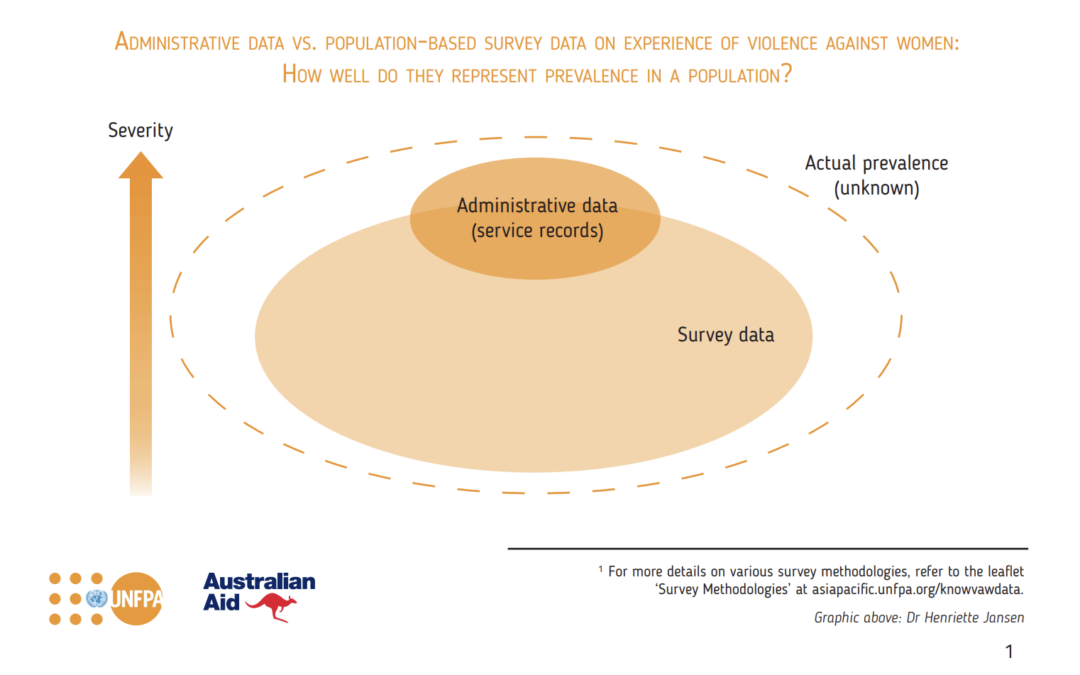
Sources of Violence Against Women Data – kNOwVAWdata
As this leaflet sets out to show, administrative data, while having their utility as a source of information on violence against women, cannot provide an estimate of the prevalence of violence against women taking place within a population.
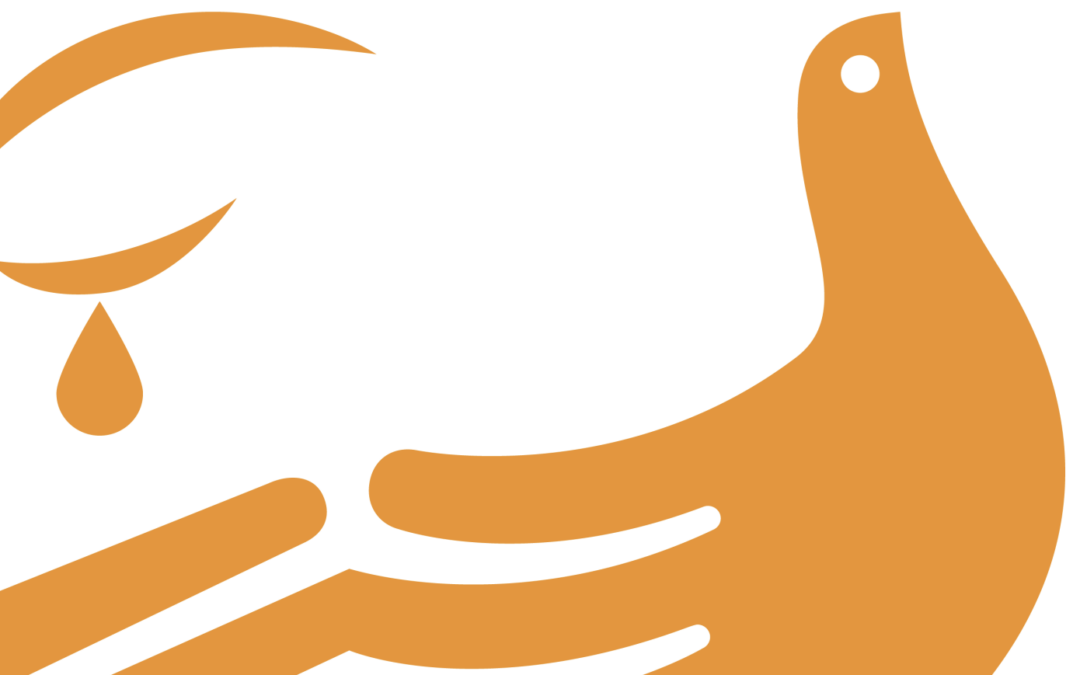
Violence Against Women Key Terminology: kNOwVAWdata’s explanation of commonly used terminology related to violence against women
kNOwVAWdata's explanation of commonly used terminology related to violence against women

Measuring the Prevalence of Violence Against Women Survey Methodologies – kNOwVAWdata Survey Methodologies
Surveys are the only way to collect data on the prevalence of violence against women (VAW) and thus to get an estimate of the magnitude of the problem in the population. There are two major approaches to collecting population-based data on violence against women using surveys; dedicated surveys or a set of questions/modules added to a large-scale survey.
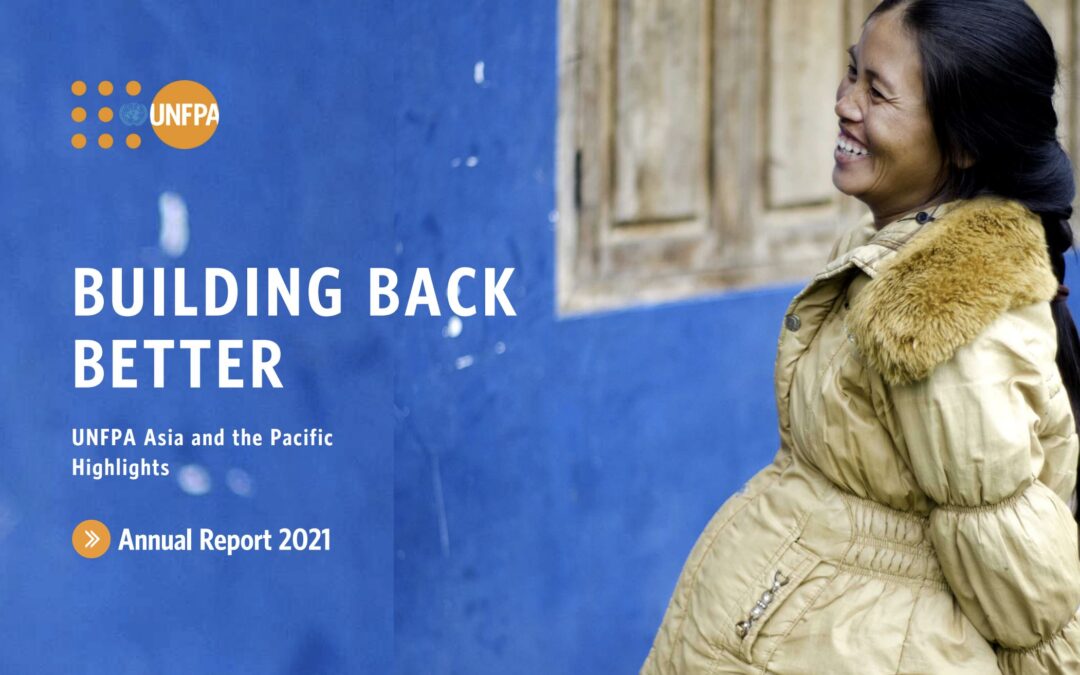
Annual Report 2021: UNFPA Asia and the Pacific
UNFPA across Asia and the Pacific outlining progress towards our transformative results of zero maternal deaths, zero unmet need for family planning, and zero gender-based violence and harmful practices against girls and women.

Putting Women First
Ethical and Safety Recommendations for Research on Domestic Violence Against Women
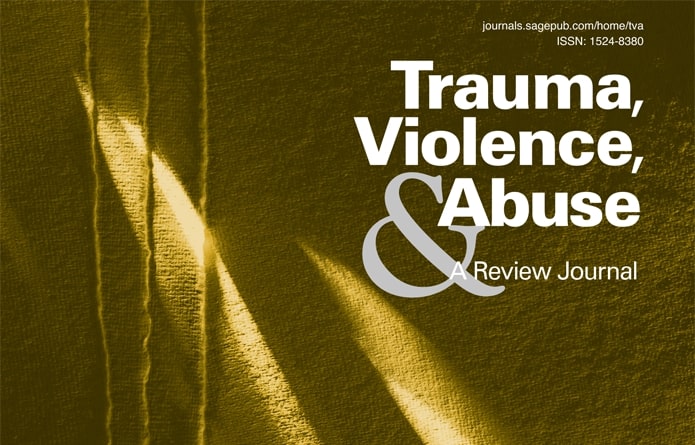
Survey data sets pertinent to the study of intimate partner violence and health
This article describes some currently available survey data sets that contain information regarding women's experiences of intimate partner violence and health, identifies a number of the strengths and limitations of these data sets, and makes recommendations concerning the types of survey data that should be gathered in the future to help move the field forward.
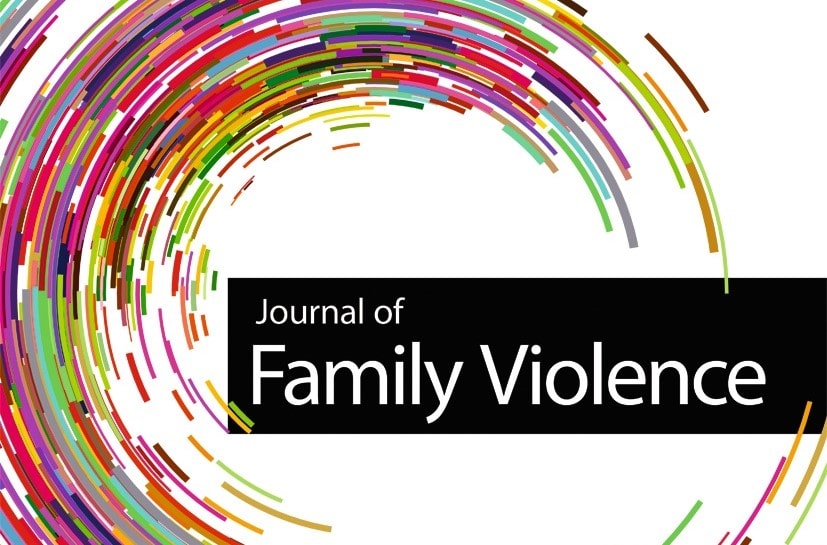
Intersectionality and Invisible Victims: Reflections on Data Challenges and Vicarious Trauma in Femicide, Family and Intimate Partner Homicide Research
This article draws upon the experiences of four researchers in the field of femicide, family and intimate partner homicide - and offers insights into processes, impacts and unintended consequences of fatality reviews and research initiatives
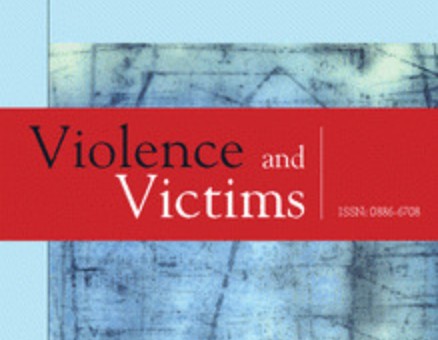
Maternal Childhood Parental Abuse History and Current Intimate Partner Violence: Data From the Pacific Islands Families Study
The aim of the study was to establish the association between the experience of maternal and/or paternal emotional or physical abuse and current severe physical partner violence perpetration or victimization among a cohort of Pacific women.
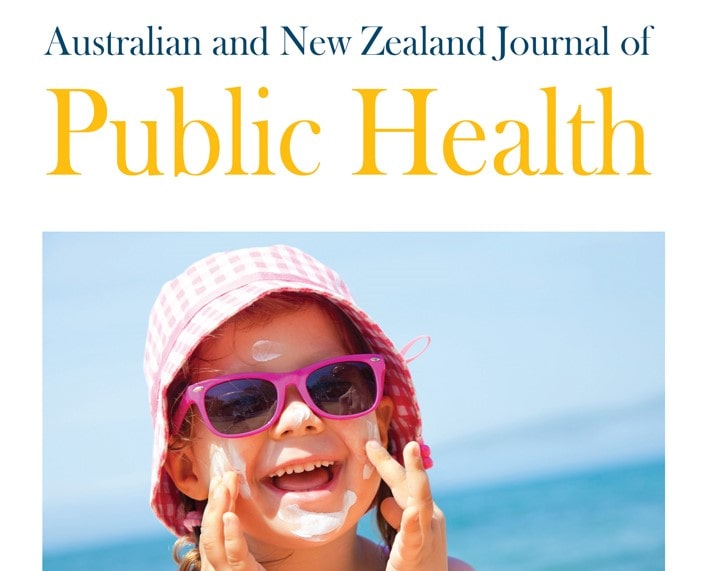
Factors associated with induced abortion over time: secondary data analysis of five waves of the Australian Longitudinal Study on Women’s Health
Objective: A trend analysis of associations with induced abortion. Methods: Secondary analysis of the Australian Longitudinal Study of Women's Health (N=9042). Conclusions: Abortion remains strongly associated with factors affecting women's control over reproductive health such as partner violence and illicit drug use.
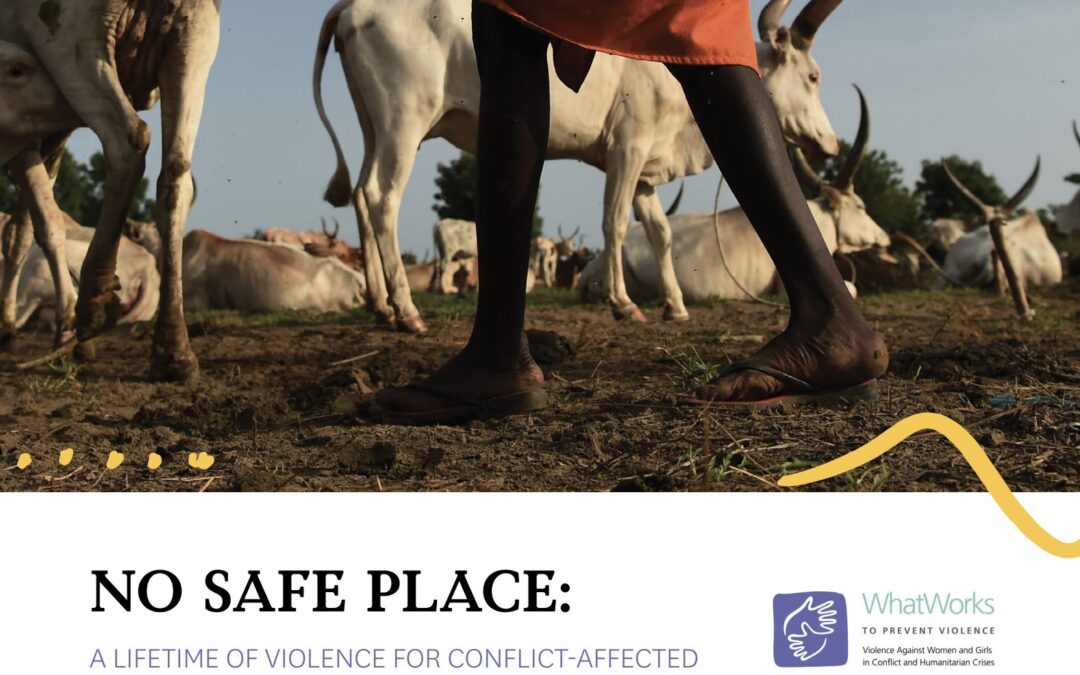
No Safe Place: A Lifetime of Violence for Conflict Affected Women and Girls in South Sudan (Report)
This is the first large-scale research study of violence against women and girls (VAWG) in several areas of South Sudan that have known war and conflict for many years.
